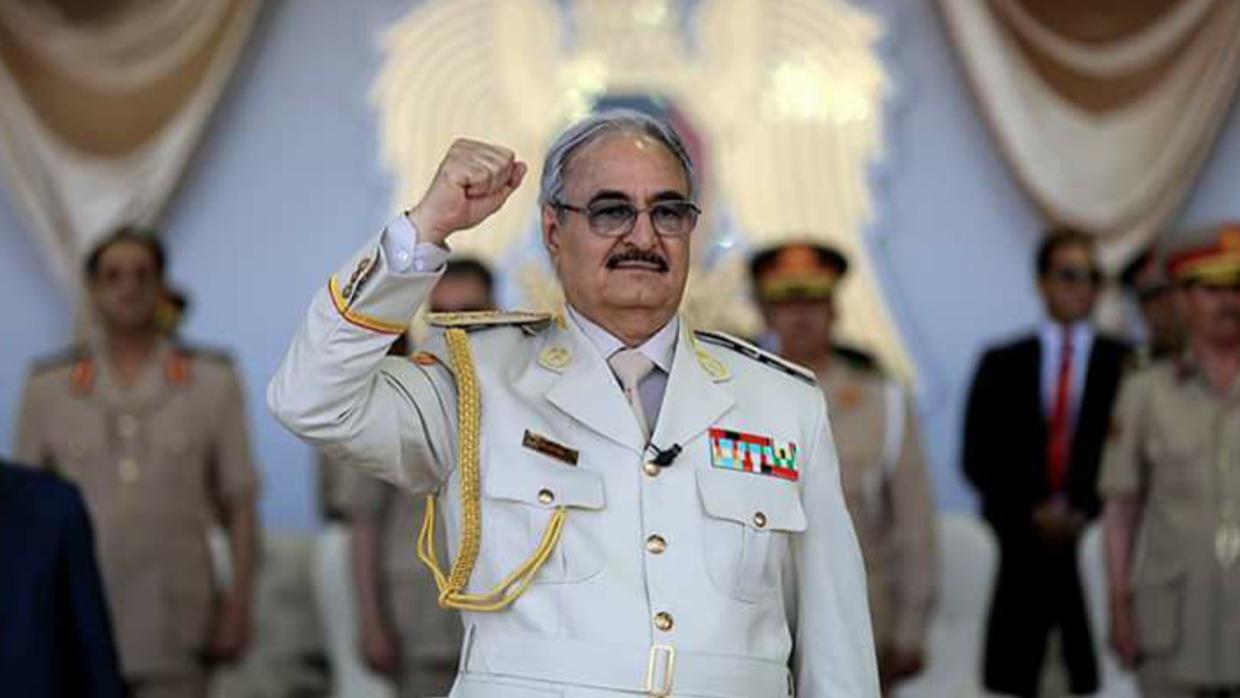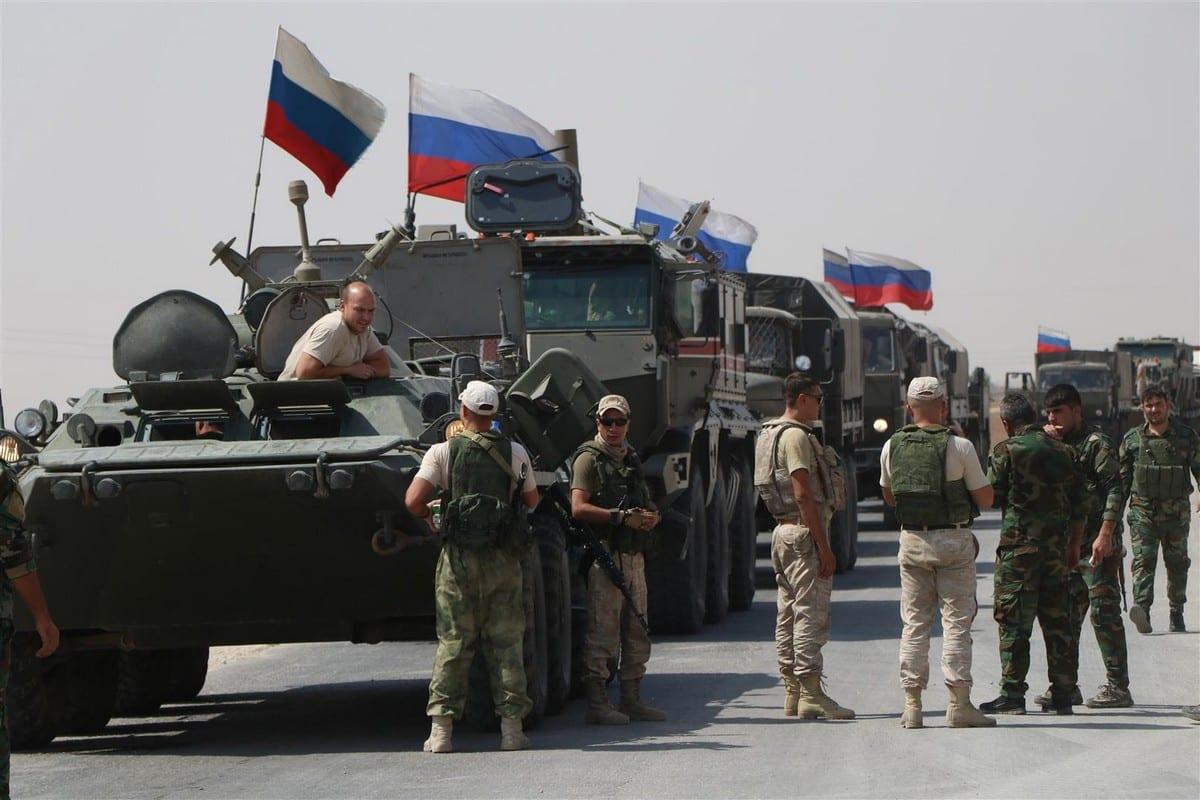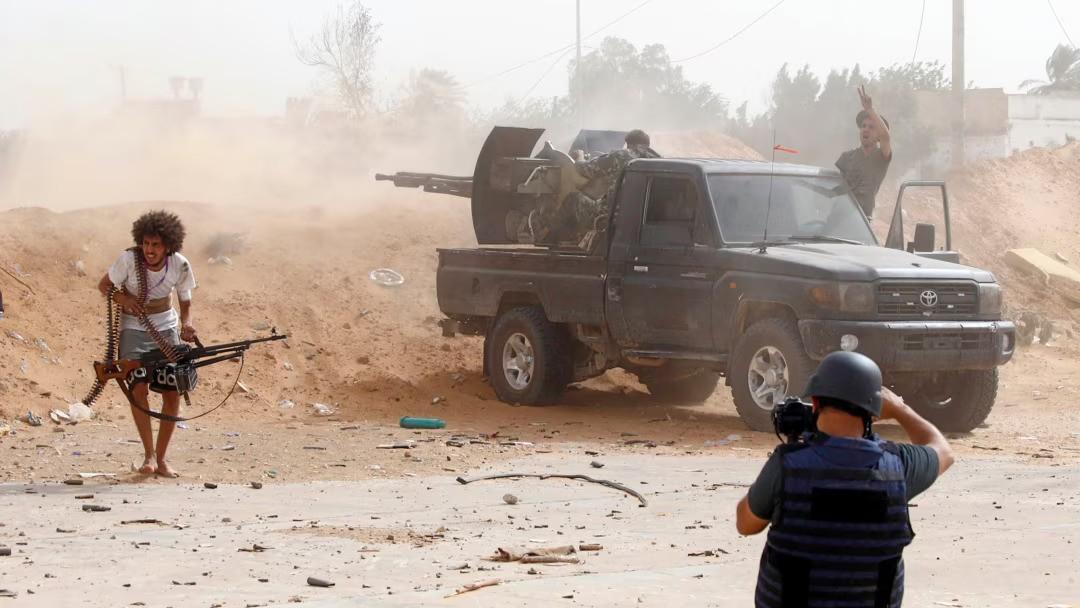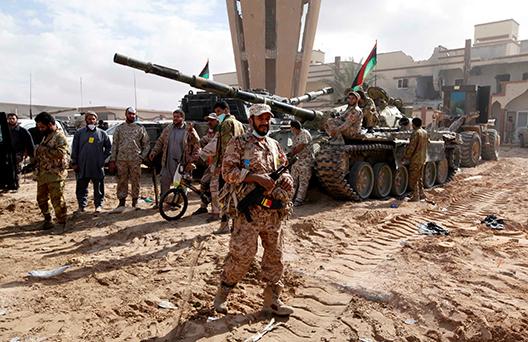Is Libya heading toward a new civil war? Relapsing into deadlock
On August 16, the United Nations Support Mission in Libya (UNSMIL) issued a statement regarding the ongoing mobilization of military forces of the Libyan Unity government, threatening the fragile stability in the war-torn country. Hence, after around four years of relative calm in the country, civil war might break out again.
A few days ago, one of the Libyan rival administrations based in Tobruk announced the military mobilization of military forces comprising various militant groups. At various times over the last decade, each government has tried — and failed — to wrest control from the other.

The eastern Libyan government was supported by military forces led by the notorious warlord General Haftar. Since 2019, Haftar initiated an active military campaign against the UN-backed Libyan government in an attempt to unify the country, though he was repelled and forced to sign a ceasefire in 2020. Nevertheless, Haftar-led forces (LNA) never dropped ambitions to re-launch the campaign once favourable geopolitical conditions occurred. As such, on August 9, at least nine people were killed and 17 injured in clashes in Tajoura, an eastern suburb of Tripoli, sparked by an assassination attempt on a local militia leader.
The official pretext for mass mobilization in Tobruk under the leadership of Haftar’s son is “to fight drug and human trafficking and to combat terrorism." Notably, since 2019, Haftar's forces have sought to take control over Ghadames airport and its surroundings, which would significantly enhance his territorial stature in relation to Algeria, Tunisia, and Niger. Haftar's mobilization and bellicose rhetoric against the Western Libyan government suggest that two rivals are preparing for something big. In this vein, UNSMIL proposes talks to develop a set of confidence-building measures between all parties to end unilateral actions.

However, because each Libyan government is backed by foreign powers like Russian mercenaries, Turkish troops, and a limited number of Western contingents stationed on Libyan soil, it is highly challenging to reach a consensus and unity in the politically fragmented country. Ironically, the only thing that has really prevented a relapse into all-out war is foreign influence in the country.
Indeed, Haftar’s move provoked a reaction from the Tripoli government, prompting its forces to mobilize and assert their readiness to respond to the LNA. The looming crisis between two rivals suggests that the fragile Libyan stability is collapsing at every level, and there is no domestic or international level tool to prevent it.

Given the common negative attitude of the Libyan population, the influence of countries like the United States (US), France, Italy, and the United Kingdom (UK) is limited, some experts argue that the alliance comprising regional countries like Algeria, Egypt, and Türkiye could stand to be more productive in preventing the resurgence of armed standoff in Libya. The regional alliance would drive political intervention and address the concerns of all involved parties while avoiding major armed escalation.
Since Haftar's rise to power, diplomatic practices towards his party grew significantly, from bilateral visits of regional allies such as Egypt and the UAE to official invitations from Russia in 2016, 2017, 2019, and 2020, in addition to high-level summits in France and Italy in 2018. Even with the Western approach to the Libyan case with a particular focus, the recent divisions show that the instability in Libya is reaching a dangerous phase.

In fact, some political issues within Libya play a triggering role in crisis moments, such as the persistent political and economic instability associated with the power vacuum. In terms of political instability, problems arose with Prime Minister Abdul Hamid Al-Dbeibeh, who was once sanctioned for corruption in the post-Gaddafi era. Nonetheless, Al-Debibeh is still remaining in power as an interim prime minister despite strong opposition at home.
So far, the political powers have been unable to reach an agreement on electoral law, as all parties involved are primarily focused on the power struggle amid the looming civil war.








